When COVID-19 first hit the U.S., the Federation of State Medical Boards and National Board of Medical Examiners, both sponsors of the exam, were quick to put the United States Medical License Examination Steps on hold. This decision was made in respect for the safety of examinees and test administrators.
As the situation progresses, these boards are putting in safety measures to allow some of the USMLE Steps to resume. In individual states and at specific testing sites, the USMLE Step 1, Step 2 CK, and Step 3 can now be administered. This is not the case for all UMSLE Steps, however. Step 2 CS is suspended for at least a year. More information on this suspension and how to navigate it if you’re considering applying to the 2021 Match, click here.
For details on when examinees can expect to test out their clinical skills to apply for residency in the U.S., continue reading below.
Suspension Details
According to a recent post on the USMLE’s website, the Clinical Skills portion of the USMLE Step 2 (Step 2 CS) will be suspended for 12-18 months. This is a big deal considering the USMLE Step 1, and Step 2 CS and CK are required for U.S. residency applicants. Without the ability to complete this exam, an individual’s U.S. post-graduate medical education will be delayed. If it were Step 3, such a delay would not be an issue. Individuals can take the last USMLE step after beginning residency.
The reason for such a long delay is twofold. The first is the need for new test material that reflects recent changes in healthcare, and the second is about creating a stable testing environment.
COVID-19 and social distancing guidelines are making telehealth an attractive and quickly growing area of medicine. Creators of the USMLE feel that content relating to telehealth skills and knowledge must be included. These additions will ensure that medical trainees are in an excellent position to provide the healthcare of tomorrow. Creating this content will take time, and those taking the exam need to be notified of the changes well in advance. This allows them to properly prepare for the exam.
The second reason for the delay in testing deals specifically with the issues impacting the testing environment. Because medicine in the U.S. is competitive, performing well in an exam can change the course of a medical trainee’s education and, in return, their life. To give individuals an equal chance at success, testing environments must be uniform. This can be difficult to achieve when individuals may be required to keep a social distance from exam administrators, wear masks, and endure wait times while testing equipment is sanitized. Until the Boards in charge of the USMLE can find a way to level the playing field, the exam is likely to remain suspended.
According to the USMLE’s webpage, those who have scheduled exams in the coming months will be refunded.
Next Steps for Residency Applicants
Many medical students have spent years planning and preparing to apply to residency. For those with only Step 2 CS standing in the way, this announcement may be heartbreaking. There is no need to worry though, the Federation of State Medical Boards and the National Board of Medical Examiners are allowing international medical students to forego Step 2 CS if they can meet one of the five pathways outlined here.
If an IMG isn’t eligible for one of the five pathways, they will have to wait until Step 2 CS opens up to earn their ECFMG certification and apply for residency. If this is the case, individuals can spend this year doing a number of things to enhance their residency applications.
They can refresh their LoR by completing a clinical experience. Most individuals feel that letters of recommendation are more effective if written in the last year or two. Because completing medical school and passing the USMLE can be time-consuming, residency applicants may not have time to refresh their LoRs. This suspension can be an opportunity for individuals to update one or all three needed for their application.
The second thing medical trainees can do is brush up on their skills and knowledge relating to telehealth, now considered the future of medicine. Those writing the USMLE exam feel so strongly about this that they are revising the exam. Trainees can position themselves to excel at this portion of the exam by participating in telehealth clinical experiences.
Explore Online Telehealth Clinical Experiences >
Lastly, individuals can take this time to plan out details of their post-graduate experience. When individuals apply for residency with haste, they may not have the time to research and weigh various specialties. Individuals can take this time to research match rates. Another option would be to explore alternative residency specialties that can lead to the same subspecialty fellowship training.
Ready to give your LoRs a refresh?
Explore 250+ clinical experiences now >


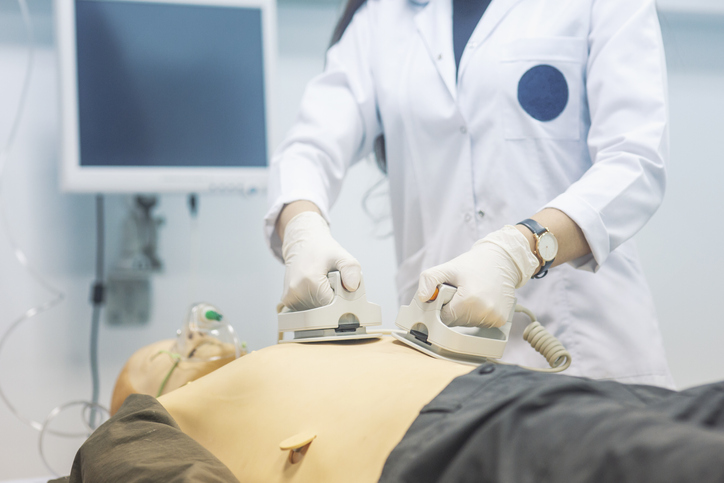
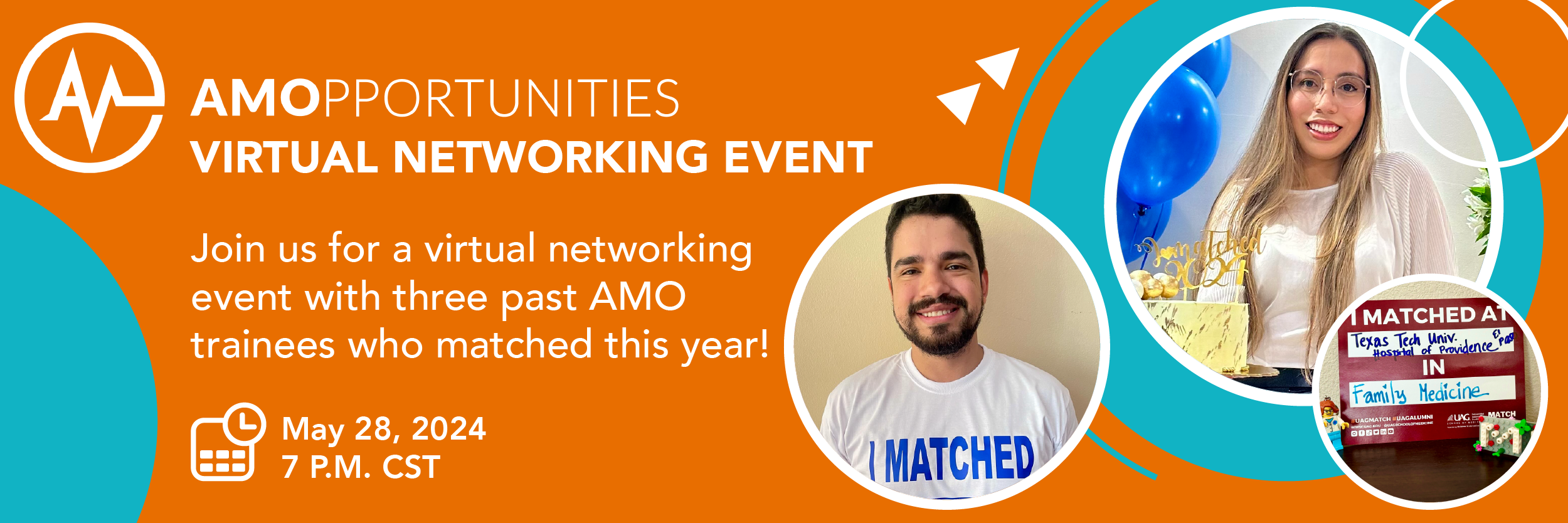
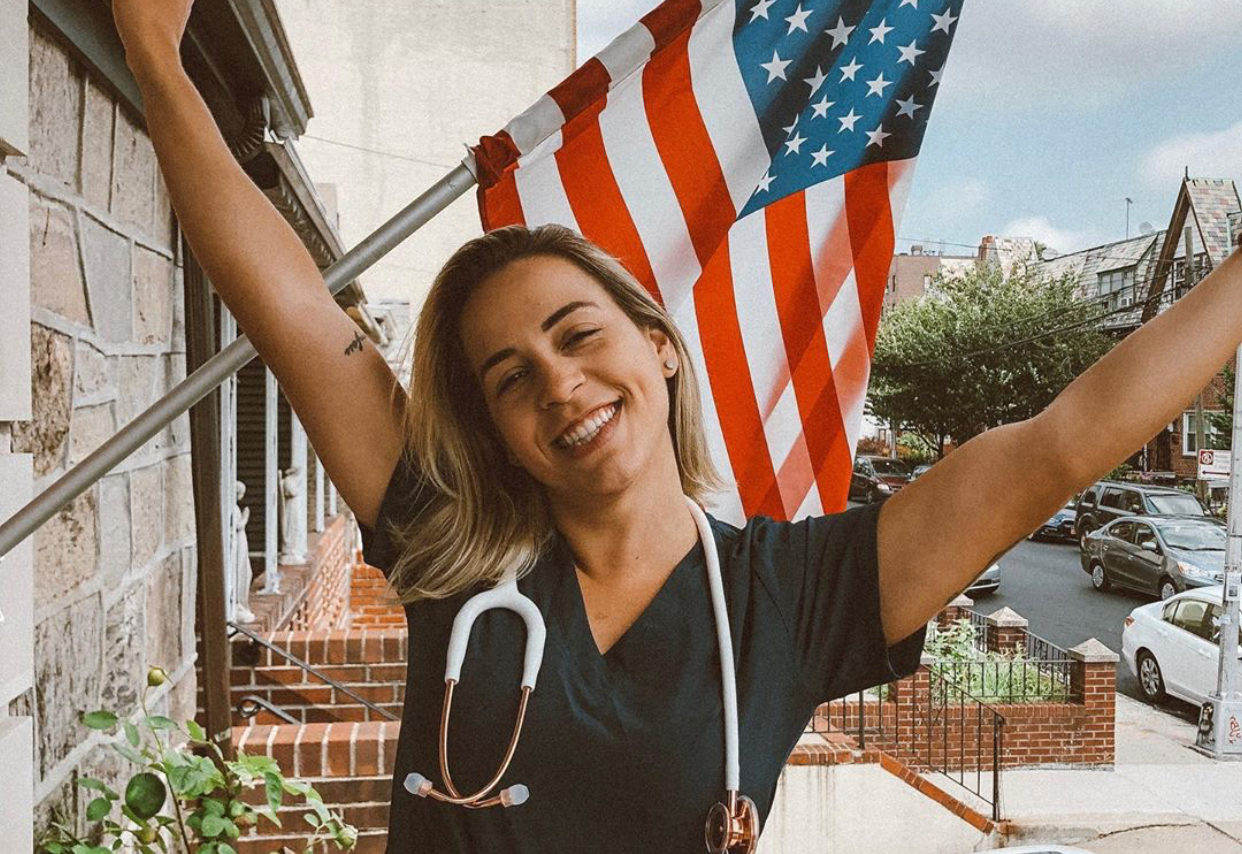
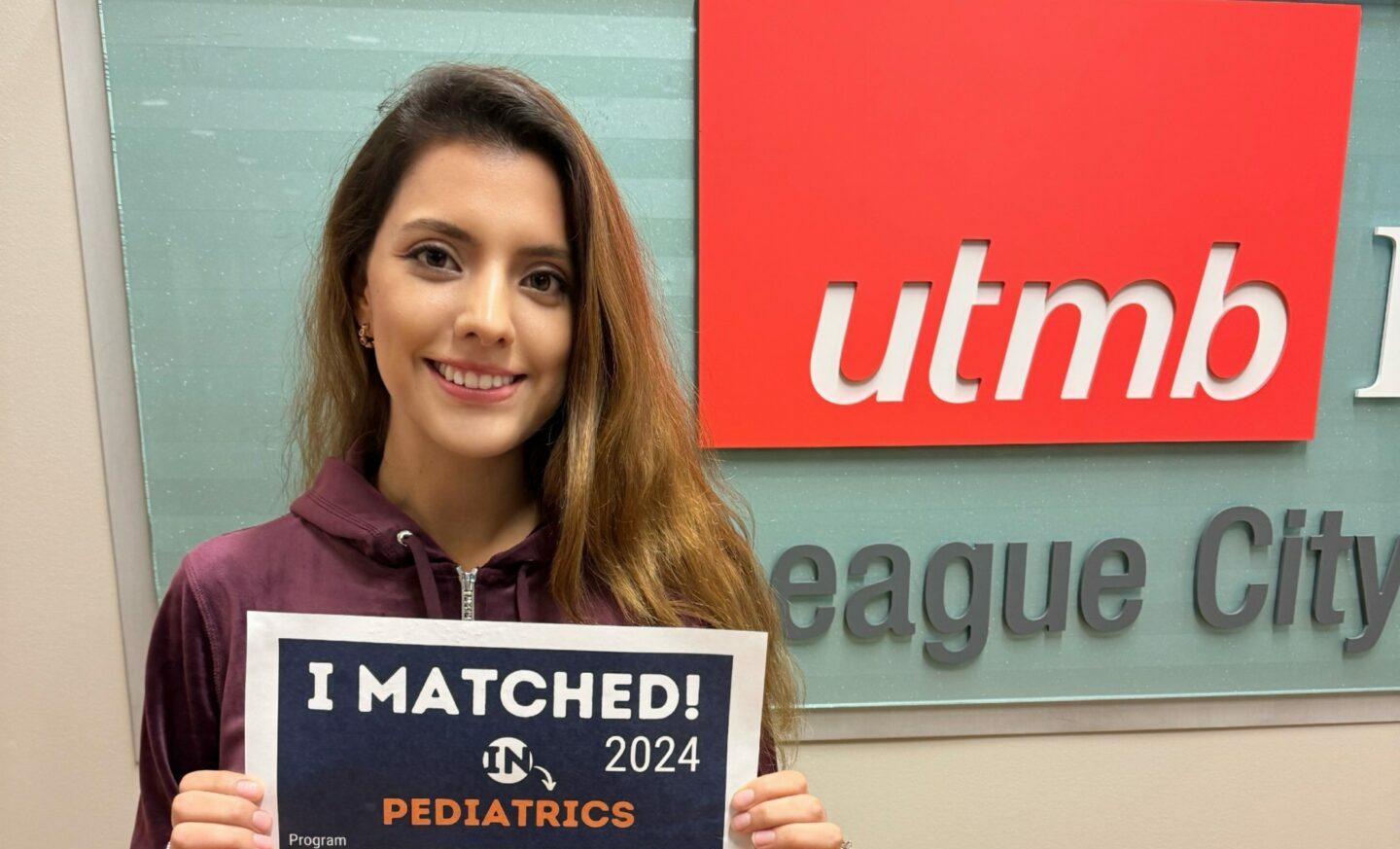
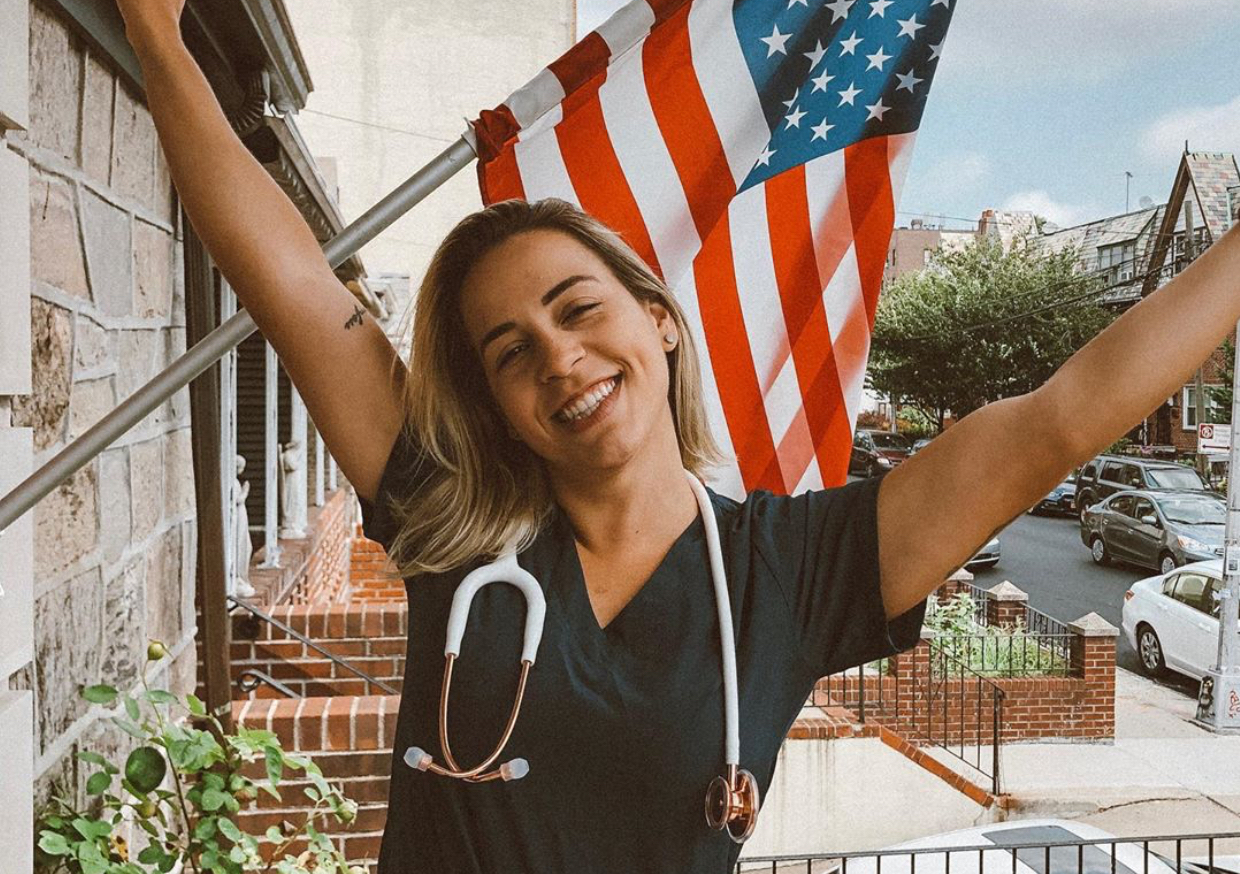
Leave A Comment